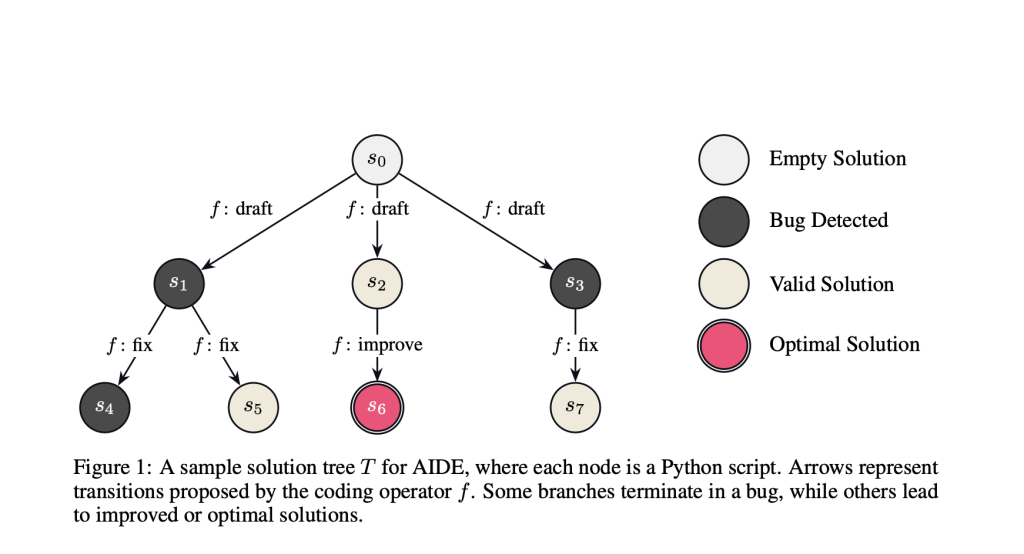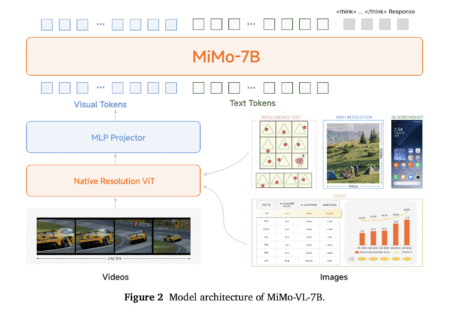

The development of high-performing machine learning models remains a time-consuming and resource-intensive process. Engineers and researchers spend significant time fine-tuning models, optimizing hyperparameters, and iterating through various architectures to achieve the best results. This manual process demands computational power and relies heavily on domain expertise. Efforts to automate these aspects have led to the development of techniques such as neural architecture search and AutoML, which streamline model optimization but still face computational expense and scalability challenges.
One of the critical challenges in machine learning development is the reliance on iterative experimentation. Engineers must evaluate different configurations to optimize model performance, making the process labor-intensive and computationally demanding. Traditional optimization techniques often depend on brute-force searches, requiring extensive trial-and-error to achieve desirable results. The inefficiency of this approach limits productivity, and the high cost of computations makes scalability an issue. Addressing these inefficiencies requires an intelligent system that can systematically explore the search space, reduce redundancy, and minimize unnecessary computational expenditure while improving overall model quality.
Automated tools have been introduced to assist in model development and address these inefficiencies. AutoML frameworks such as H2O AutoML and AutoSklearn have enabled model selection and hyperparameter tuning. Similarly, neural architecture search methods attempt to automate the design of neural networks using reinforcement learning and evolutionary techniques. While these methods have shown promise, they are often limited by their reliance on predefined search spaces and lack the adaptability required for diverse problem domains. As a result, there is a pressing need for a more dynamic approach that can enhance the efficiency of machine learning engineering without excessive computational costs.
Researchers at Weco AI introduced AI-Driven Exploration (AIDE), an intelligent agent designed to automate the process of machine learning engineering using large language models (LLMs). Unlike traditional optimization techniques, AIDE approaches model development as a tree-search problem, enabling the system to refine solutions systematically. AIDE efficiently trades computational resources for enhanced performance by evaluating and improving candidate solutions incrementally. Its ability to explore solutions at the code level rather than within predefined search spaces allows for a more flexible and adaptive approach to machine learning engineering. The methodology ensures that AIDE optimally navigates through possible solutions while integrating automated evaluations to guide its search.
AIDE structures its optimization process as a hierarchical tree where each node represents a potential solution. A search policy determines which solutions should be refined, while an evaluation function assesses model performance at each step. The system also integrates a coding operator powered by LLMs to generate new iterations. AIDE effectively refines solutions by analyzing historical improvements and leveraging domain-specific knowledge while minimizing unnecessary computations. Unlike conventional methods, which often append all past interactions into a model’s context, AIDE selectively summarizes relevant details, ensuring that each iteration remains focused on essential improvements. Further, debugging and refinement mechanisms ensure that AIDE’s iterations consistently lead to more efficient and higher-performing models.
Empirical results demonstrate AIDE’s effectiveness in machine learning engineering. The system was evaluated on Kaggle competitions, achieving an average performance surpassing 51.38% of human competitors. AIDE ranked above the median human participant in 50% of the competitions being assessed. The tool also excelled in AI research benchmarks, including OpenAI’s MLE-Bench and METR’s RE-Bench, demonstrating superior adaptability across diverse machine learning challenges. In METR’s evaluation, AIDE was found to be competitive with top human AI researchers in complex optimization tasks. It outperformed human experts in constrained environments where rapid iteration was crucial, proving its ability to streamline machine learning workflows.
Further evaluations on MLE-Bench Lite highlight the performance boost AIDE provides. Combining AIDE with the o1-preview model led to a substantial increase in key metrics. Valid submissions rose from 63.6% to 92.4%, while the percentage of solutions ranking above the median improved from 13.6% to 59.1%. AIDE also significantly improved competition success rates, with gold medal achievements increasing from 6.1% to 21.2% and overall medal acquisition reaching 36.4%, up from 7.6%. These findings emphasize AIDE’s ability to optimize machine learning workflows effectively and enhance AI-driven solutions.
AIDE’s design addresses critical inefficiencies in machine learning engineering by systematically automating model development through a structured search methodology. By integrating LLMs into an optimization framework, AIDE significantly reduces the reliance on manual trial-and-error processes. The empirical evaluations indicate it effectively enhances efficiency and adaptability, making machine learning development more scalable. Given its strong performance in multiple benchmarks, AIDE represents a promising step toward the future of automated machine learning engineering. Future improvements may expand its applicability to more complex problem domains while refining its interpretability and generalization capabilities.
Check out the Paper and GitHub Page. All credit for this research goes to the researchers of this project. Also, feel free to follow us on Twitter and don’t forget to join our 75k+ ML SubReddit.
The post This AI Paper from Weco AI Introduces AIDE: A Tree-Search-Based AI Agent for Automating Machine Learning Engineering appeared first on MarkTechPost.
Source: Read MoreÂ





